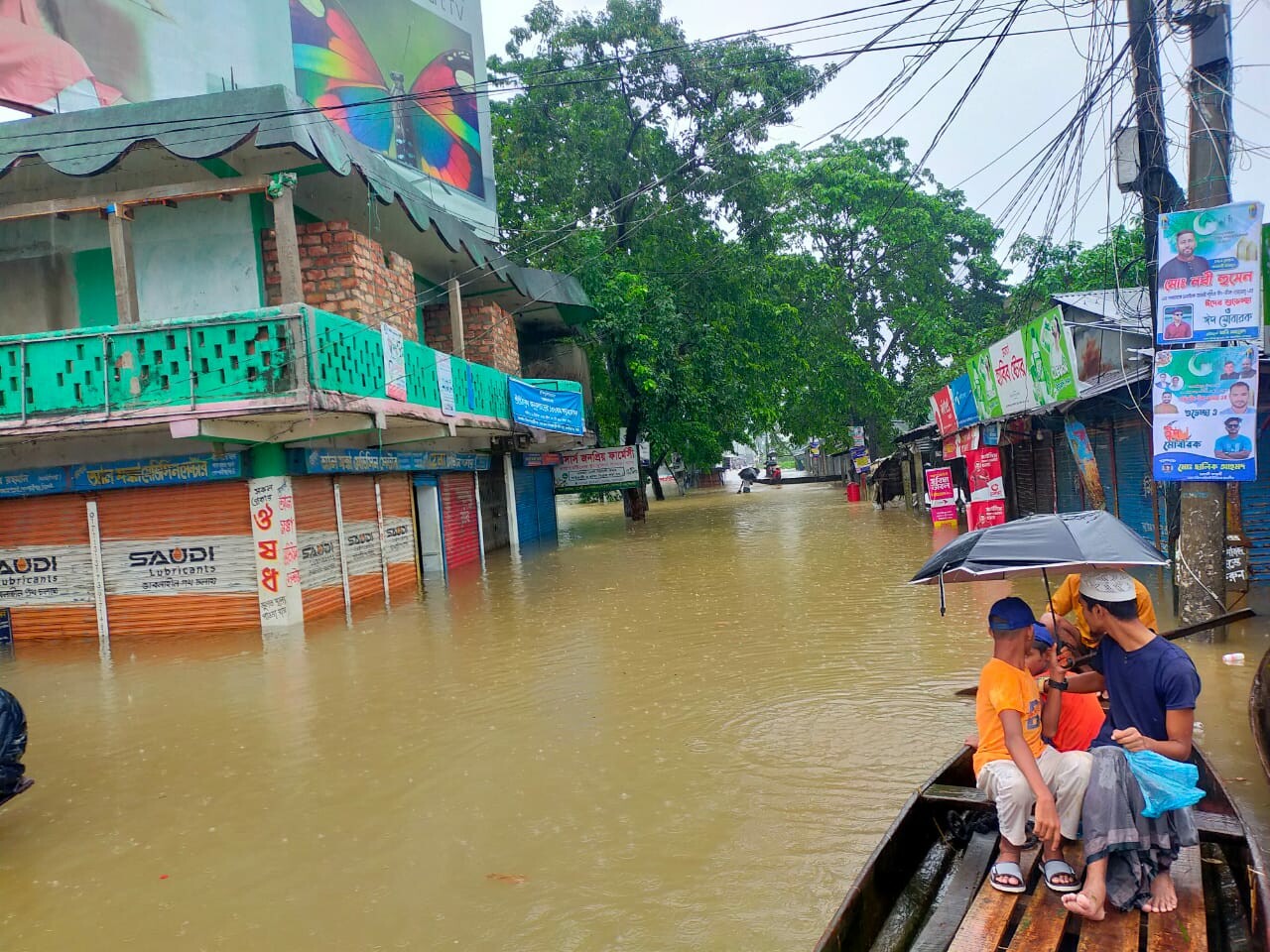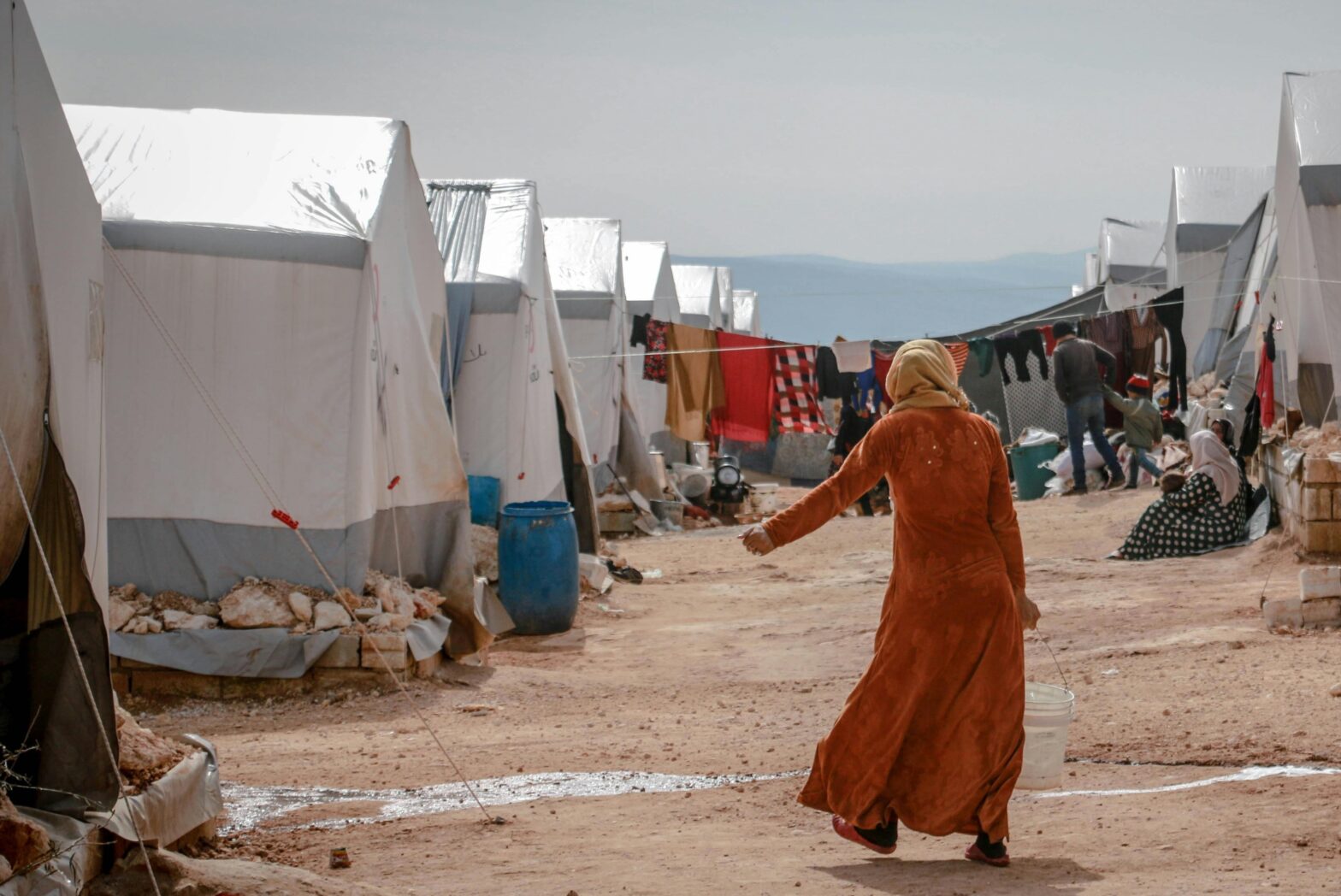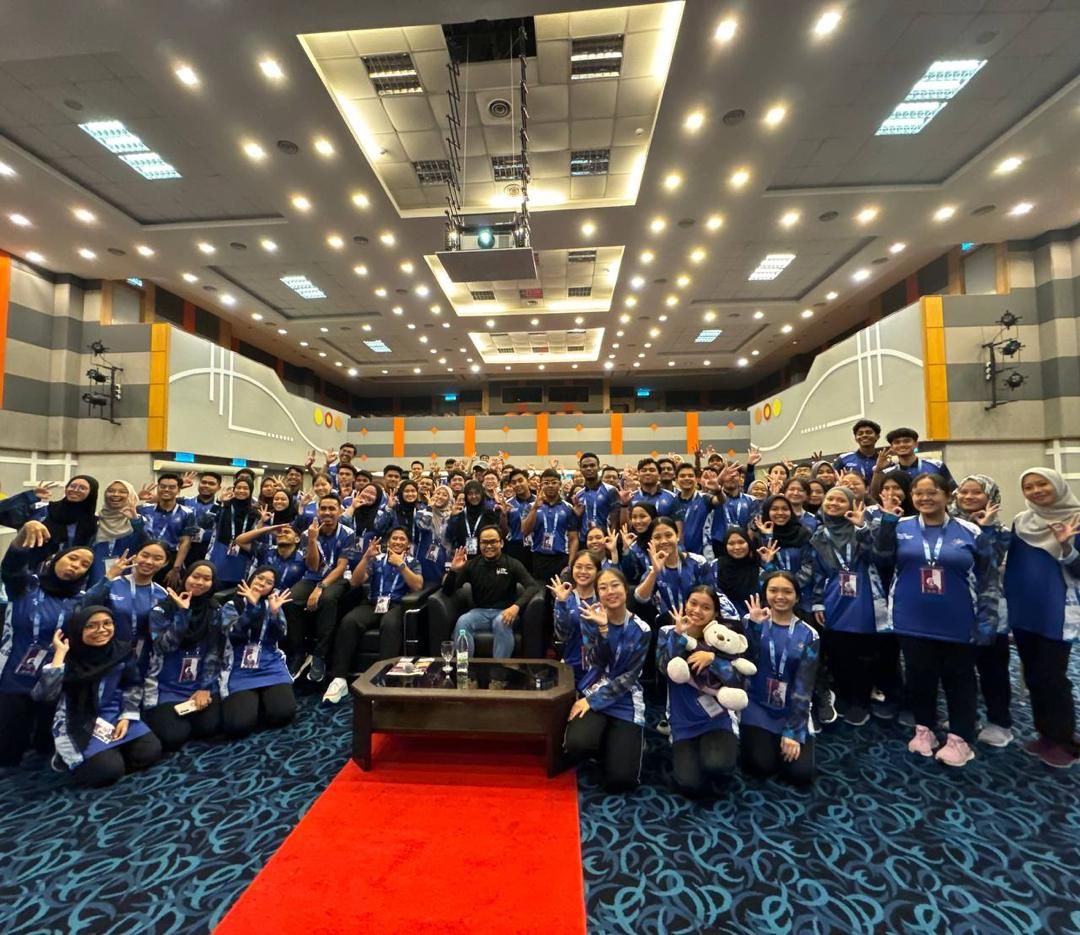Israel’s repeated orders for civilians to move around Gaza are inhumane and causing epic human suffering, Islamic Relief says. Sick and wounded patients, elderly people, malnourished infants and people with severe disabilities are among hundreds of thousands ordered to move yet again in the past 10 days. They have nowhere safe to go, and the constant displacement is pushing more people into starvation and making cholera outbreaks increasingly likely.
Tens of thousands of people are fleeing in terror after Israel ordered people to leave parts of Gaza City in the past 48 hours, forcing people out of school shelters and shutting down hospitals as bombs rain down relentlessly. Last week Israel ordered around 250,000 people to leave Khan Younis in southern Gaza, most of whom are now living in desperate conditions.
The Israeli military has ordered civilians to move to so-called ‘safe zones’ but there is nowhere safe in Gaza and multiple people, including children, have been killed by strikes shortly after arriving in these zones. People are in fatal danger whether they stay or flee, with dozens reported killed today in yet another bombing of a school sheltering displaced families in Khan Younis.
Many of the people ordered to move have been displaced multiple times – they were first ordered to leave their homes and move to Rafah, then ordered to leave Rafah and move to areas such as Khan Younis, and now just weeks later they have been ordered to move yet again.
The latest mass displacement comes as a new report by UN Independent Experts warns that famine has now spread from northern Gaza into parts of the centre and south, as Israel continues to severely restrict and impede humanitarian aid.
Islamic Relief staff and partners report that many of the most vulnerable people are among those ordered to move, with hungry children, people in wheelchairs, hospital patients and elderly people all forced to flee on foot, with many walking miles in the middle of night to avoid the hot sun during the daytime. Some people are being pushed down the street on hospital beds as hospitals have had to evacuate hundreds of patients who are too sick to stand.
Every time people have to move they become more vulnerable to starvation and disease. Around 1.9 million people – 80% of Gaza’s entire population – are now trapped in increasingly shrinking parts of Gaza, where the humanitarian crisis is becoming more desperate by the day. Many families are sharing tents or sleeping in the open, or in the shells of damaged buildings that could collapse at any moment. There is little food, no clean water and extremely poor sanitation. Islamic Relief staff describe piles of garbage and streams of sewage outside people’s tents, with people having to wade through sewage water to reach food. There are very few toilets so women, girls, boys and men all have to share, leaving no privacy and increasing the risks to women and girls.
The horrific conditions have resulted in a spike in diseases such as Hepatitis A and acute diarrhoea over the past few weeks and the threat of fatal cholera outbreaks is increasing. Temperatures are rising during summer, making diseases even more likely to spread.
Islamic Relief continues to provide daily aid to displaced people, including distributing cooked meals and nutritional supplements, constructing latrines, distributing hygiene kits and delivering water. However, the ongoing attacks and Israeli restrictions on aid means nowhere near enough aid is reaching people in need. Islamic Relief continues to call for an immediate ceasefire and for all crossings into Gaza to be fully opened.









